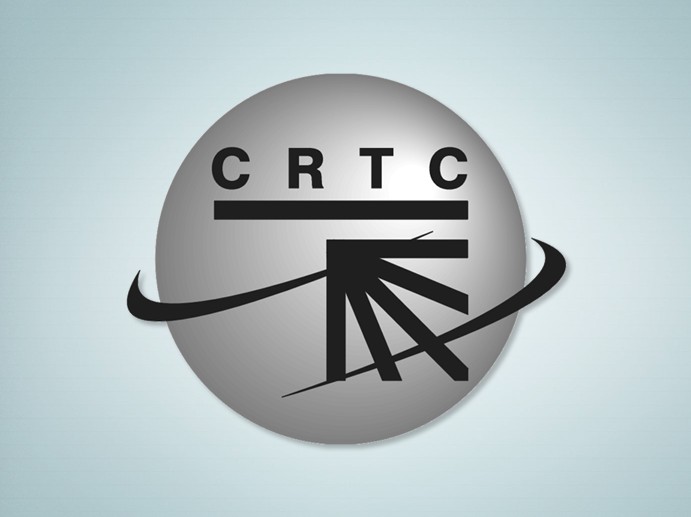
By Connie Thiessen
The CRTC has issued a follow-up decision approving a number of Certified Independent Production Funds (CIPFs) to receive contributions from online streaming services.
The approvals – which include applications from the Bell Fund, the Independent Production Fund, and the Telus Fund – follows the commission’s 2024 decision on base contributions under the Online Streaming Act, requiring certain audio-visual online undertakings to contribute five per cent of their Canadian revenues as a base contribution to support the Canadian broadcasting system.
That decision outlined that the new funding stream be directed to areas of immediate need, including producers from official language minority communities (OLMCs) and those from diverse communities.
Eligible funds will have to establish a permanent envelope by Oct. 7, allocating at least 10 per cent of the total budget (consisting of contributions from audio-visual online undertakings to CIPFs supporting producers from OLMCs and diverse communities) to the envelope, of which 50 per cent is dedicated to OLMC producers (in either language) and 50 per cent to producers from diverse communities.
The commission said in a release that the funding stream will enhance financial support to CIPFs that serve those communities, supporting “a more inclusive broadcasting system while enhancing diversity and storytelling across Canada.”
The CRTC conditionally approved applications from the Quebecor Fund, the Telefilm Talent Fund, and the Shaw Rocket Fund, subject to fulfilling certain requirements.
In a dissenting opinion, CRTC Commissioner Ellen Desmond argued that the 60-day deadline to establish the permanent envelope will create a barrier for some CIPFs, such as the Shaw Rocket Fund, which is dedicated to funding Canadian and indigenous children’s and youth programming. The concern is that the Rocket Fund would be forced to pony up 10 per cent when funding it gets from Rogers is expected to expire at the end of this month.
The deadline, which Desmond said is not established in the 2024 policy guiding CIPFs, should be flexible in this situation.
“While the Policy does require a permanent funding envelope to be put in place, the Commission has the discretion to provide some accommodation to address these unusual circumstances,” Desmond argued. “In my view, the Rocket Fund could be listed as an eligible fund with the condition they launch their funding envelope once their financial situation has become more certain, something that could be monitored by the Commission in the coming months. Doing so would provide the necessary flexibility to a fund that has already made efforts to achieve what the Commission is now striving to accomplish.”
With a file from Ahmad Hathout



